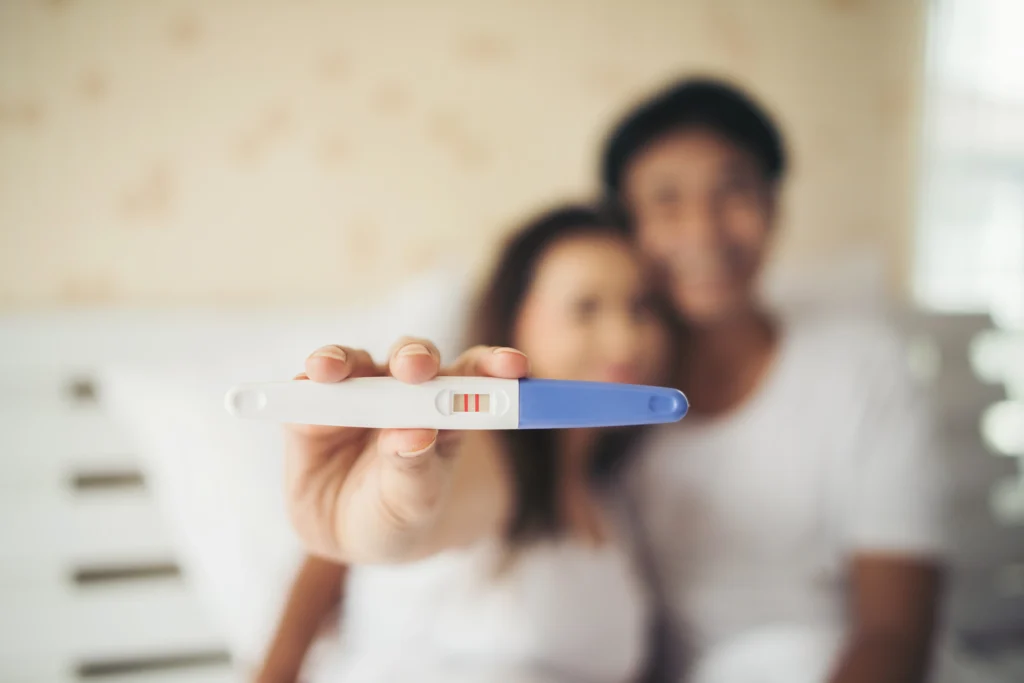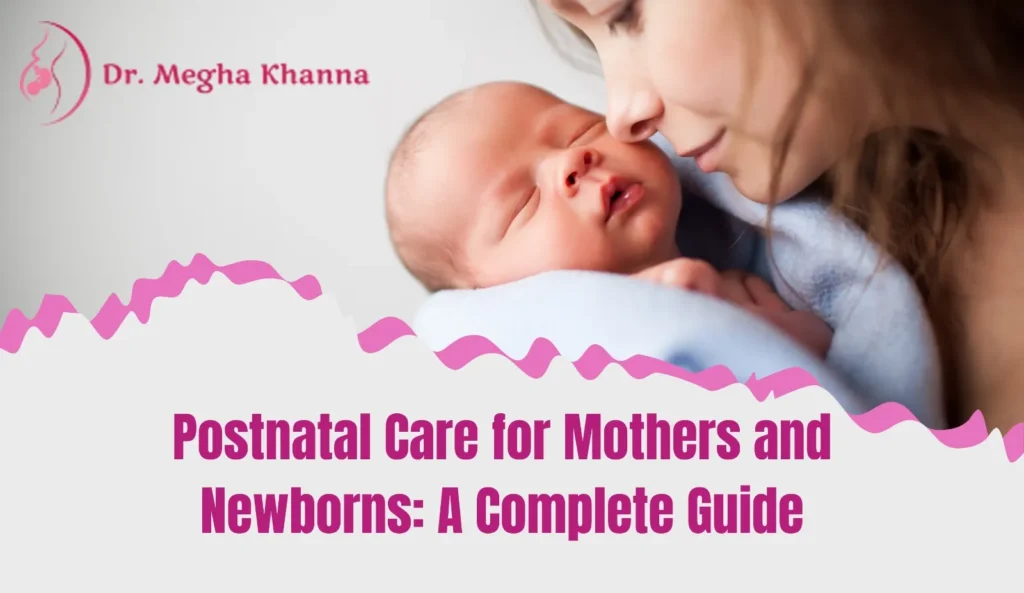-
Ganesh Talkies, Kolkata
Ganesh Talkies, Kolkata

Admins
30.06.2025
Fertility After 30 brings unique changes to pregnancy chances. Learn what science and experienced medical professionals suggest for informed decision-making. Why Fertility After 30 Is a Topic Worth Understanding Whether you're planning your first child or considering another pregnancy, Fertility After 30 is a topic that deserves your attention. It’s not about inducing fear—it’s about informed choices. Today, more women than ever are choosing to delay childbirth due to career goals, personal readiness, or financial stability. Why Fertility After 30 Is a Topic Worth UnderstandingThe Biology Behind Fertility and AgeCommon Changes in Fertility After 301. Ovarian Reserve Declines2. Egg Quality Reduces3. Irregular Menstrual Cycles4. Higher Risk of Complications5. Longer Time to ConceiveAdvantages of Trying to Conceive in Your 30sSteps to Boost Fertility After 30✔ Track Your Ovulation✔ Maintain a Healthy Weight✔ Eat a Fertility-Friendly Diet✔ Limit Caffeine and Alcohol✔ Quit Smoking✔ Manage Stress✔ Get a Fertility AssessmentWhat About Male Fertility?Exploring Assisted Reproductive Techniques (If Needed)IUI (Intrauterine Insemination)IVF (In Vitro Fertilization)Egg FreezingHormonal TherapyFrequently Asked QuestionsQ1: Can I still get pregnant naturally after 30?Q2: Should I freeze my eggs at 30?Q3: How long should I try before seeing a specialist?Q4: Do I need IVF after 30?Q5: Can stress delay my chances of conceiving?Final Thoughts: You’re Not Late—You’re Just Right So what really happens to fertility once you’re in your 30s? What are the biological realities, and what options do you have to support conception and a healthy pregnancy? Let’s explore this through the lens of experience, expertise, authority, and trust—principles upheld by dedicated professionals in the field of women's health. The Biology Behind Fertility and Age Every woman is born with a finite number of eggs—around 1 to 2 million. By puberty, that number drops to about 300,000. And as women age, both the quantity and quality of those eggs decline. Here’s a breakdown of what typically happens: By 30: Fertility is still strong but may begin a gradual decline. By 35: The decline becomes more noticeable. By 40: Conception becomes significantly harder, and risks increase. That said, many women in their 30s have healthy pregnancies with the right guidance and support. Common Changes in Fertility After 30 Let’s take a closer look at what may shift as you move into your 30s: 1. Ovarian Reserve Declines This refers to the number of viable eggs left in the ovaries. Fewer eggs mean fewer chances each cycle to conceive. 2. Egg Quality Reduces...

Admin
26.06.2025
Hello Reader! Welcome to the blog page of Dr. Megha Khanna, one of the best lady gynecologist in Kolkata. The journey of motherhood does not end at childbirth; in fact, it marks the beginning of an entirely new phase that demands immense care and attention. The period following the birth of a baby, known as the postnatal or postpartum period, is crucial for both the mother and the newborn. As the best lady gynecologist in Kolkata, I, Dr. Megha Khanna, emphasize that Postnatal Care for mother and baby is as important as prenatal care. Let’s explore how comprehensive postnatal care ensures long-term health, emotional well-being, and bonding. What is Postnatal Care for Mother and Baby?Why is Postnatal Care Important?Postnatal Care Checklist for MothersPostnatal Care Guidelines for NewbornsWarning Signs That Require Immediate AttentionNutritional Support After DeliveryRole of the Best Lady Gynecologist in KolkataWhat are the key steps in ensuring effective postnatal care for mothers and newborns in Kolkata?1. Immediate and Timely Postnatal Assessments2. Clinical Monitoring and Support3. Breastfeeding and Nutrition4. Hygiene and Cord Care5. Emotional and Mental Health Support6. Immunizations and Preventive Care7. Home-Based Postnatal Care8. Personalized Care and CounsellingWhy is a minimum 24-hour stay after delivery crucial for postnatal care for mother and baby?How do regular postnatal checkups help detect complications early in mothers and infants?What specific infant health issues are identified during routine postnatal visits?FAQ1. What is postnatal care and why is it important?2. How long does postnatal care last?3. What are key components of postnatal care for mothers?4. What care does a newborn need during the postnatal period?5. When should a mother seek medical help during the postnatal period?Conclusion What is Postnatal Care for Mother and Baby? Postnatal care for the mother refers to the medical, emotional, and nutritional support provided to women after childbirth, typically within the first six weeks following delivery. It includes monitoring physical recovery, mental health, breastfeeding support, and newborn care. For the baby, it involves regular check-ups, feeding support, and growth assessments. Why is Postnatal Care Important? Physical Recovery: Childbirth, whether vaginal or cesarean, puts immense strain on the body. Proper postnatal care for the mother helps in uterine involution, healing of perineal tears or C-section wounds, and regaining strength. Mental Health Support: Hormonal changes can lead to mood swings or postpartum depression. Timely intervention by the best lady gynecologist in Kolkata can help in early detection and support. Breastfeeding Guidance: The Initial...

Admins
25.06.2025
Best Diet for PCOS Patients is no longer a mystery—discover science-backed foods, practical tips, and trusted advice from a reputed gynecologist. Understanding PCOS: More Than a Hormonal ImbalanceWhy Diet Plays a Crucial Role in PCOS ManagementThe Best Diet for PCOS Patients: What Science Recommends1. Prioritize Low-Glycemic Index (GI) Foods2. Choose Anti-Inflammatory Foods3. Focus on Lean Proteins4. Limit Refined Carbs and Sugary Treats5. Don’t Fear Healthy FatsSample Daily Meal Plan for PCOS ManagementHydration, Sleep, and Movement Matter TooHow the Best Diet for PCOS Patients Can Support FertilityEmotional Wellness and Eating HabitsWhen to Seek Professional GuidanceFAQs on PCOS and DietFood as a Path to Balance Understanding PCOS: More Than a Hormonal Imbalance Polycystic Ovary Syndrome (PCOS) affects millions of women worldwide. It’s not just a reproductive health issue—it influences metabolism, weight, skin, hair, and emotional well-being. Women often struggle with irregular periods, insulin resistance, unwanted facial hair, and difficulty conceiving. What’s often overlooked is how powerful the right nutrition can be in managing PCOS. While there’s no one-size-fits-all solution, emerging science points to strategic dietary choices as the most effective long-term approach. Why Diet Plays a Crucial Role in PCOS Management Food is more than fuel. In PCOS, it becomes medicine. Your daily food choices can either stabilize insulin levels and hormone balance—or worsen symptoms. Women with PCOS are more prone to insulin resistance, meaning the body doesn’t process sugar efficiently. This creates a ripple effect, impacting ovulation and hormone production. A well-structured diet can: Reduce insulin resistance Promote weight management Lower androgen (male hormone) levels Improve skin and hair conditions Enhance fertility outcomes And that’s why understanding the Best Diet for PCOS Patients is essential—not just for managing symptoms, but for long-term wellness. The Best Diet for PCOS Patients: What Science Recommends Let’s explore evidence-based dietary guidelines that work. 1. Prioritize Low-Glycemic Index (GI) Foods Foods with a low GI don’t spike your blood sugar and help maintain stable insulin levels. Include: Rolled oats, quinoa, and brown rice Legumes and lentils Leafy greens, broccoli, zucchini Berries, apples, and pears 2. Choose Anti-Inflammatory Foods PCOS is often accompanied by low-grade inflammation. Certain foods can help calm this process. Helpful options: Fatty fish like salmon and sardines Olive oil and avocados Turmeric and ginger Nuts and seeds 3. Focus on Lean Proteins Protein helps with satiety and supports lean muscle mass, which improves insulin sensitivity. Great sources: Eggs and tofu Chicken breast Greek...

Admins
20.06.2025
Period delay can be helpful in some situations, but it's important to understand the risks and safe options—get insights from a reputed gynecologist. The ability to manage or delay a menstrual cycle is something many women consider at some point in life. Whether it's for a vacation, a wedding, an important exam, or a religious event, choosing to postpone a period can feel like a solution to an inconvenient natural process. But while the idea of period delay may seem simple, it carries important health considerations. Understanding the Menstrual CycleCommon Reasons Women Consider Period DelayIs Period Delay Safe? What You Should KnowHow to Delay Your Period: Safe and Approved Methods1. Progesterone-Only Pills (Norethisterone)2. Combined Oral Contraceptive Pills (COCPs)3. Hormonal Injections or PatchesMost Asked FAQs on Period DelayInformed Choices for Your Cycle In this comprehensive guide, we’ll explore what happens when you delay your period, how it can be done safely, and the potential risks and remedies involved. Backed by insights from experienced gynecologists, this information is crafted to help you make informed decisions for your body. Understanding the Menstrual Cycle Before we dive into how to delay periods, it's important to understand what the menstrual cycle is doing in the first place. A typical cycle lasts about 28 days, although it can range from 21 to 35 days in healthy individuals. Each month, hormonal signals prepare the uterus for pregnancy. If fertilization doesn’t occur, hormone levels drop and the uterine lining sheds—this is your period. Disrupting this cycle, even temporarily, can affect your hormonal balance, mood, and physical symptoms. Common Reasons Women Consider Period Delay There are many personal or practical reasons why someone might want to delay menstruation. These include: Attending a special event like a wedding or religious function Going on vacation or traveling Facing exams or important professional commitments Managing menstrual pain or heavy bleeding during inconvenient times Athletic or competitive performance scenarios While all these are valid reasons, any method to alter the menstrual cycle should be medically guided. Is Period Delay Safe? What You Should Know Period delay, when done occasionally and under medical supervision, is generally considered safe. However, regular interference with the menstrual cycle without proper evaluation can lead to complications. Things to consider: Your current health status Hormonal profile and medical history Whether you are on contraceptives already Frequency of delay attempts An occasional delay is typically harmless. However, if you plan...